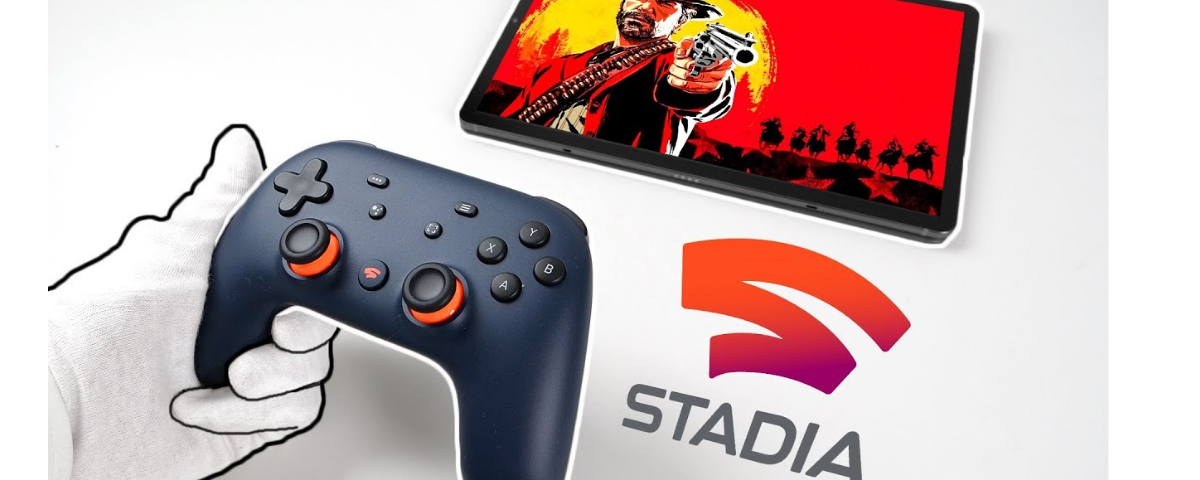Should Google Continue Supporting the Google Stadia?

We’ve been hearing for a while now about the next-generation streaming service that Google is developing, called “Google Stadia.” The service is set to rival gaming consoles, offering content from Sony, Microsoft, and Nintendo. We’ve been hearing that the service will launch later this year, but what is the exact date? Is it already here, or will it be delayed? There’s no word on the launch date from Google itself, but in a report from Variety, they’ve broken down exactly when it will be released.
The Next-Generation Google Stadia is just the latest in a long line of ambitious game streaming solutions from the company. The Stadia is a streaming platform that offers users access to a library of games—many of which are games that are not yet available to play on a traditional console—that can be played over the Internet. The platform is powered by Google’s cloud computing services, and it also features a new processing core called the Alpha which is called upon for tasks such as streaming games. Should Google continue supporting the Stadia?
With the announcement of Google Stadia, a lot of questions have been raised about the feasibility of the entire project. That being said, the thing in question is only a concept, a prototype, as the company is still trying to figure out how to work with games and streaming. Many questions remain unanswered, and the first attempt was not exactly a resounding success. The Google Stadia was a concept of a scalable streaming device that would provide access to games and streaming content, and that would be able to stream to various devices. A high-end, scalable streaming service would allow the company to move to the next level of gaming and streaming.
Google, the company that created the world’s largest search engine, also created the world’s most ambitious online gaming system. The Google Stadia is a new game console that combines the power of a supercomputer, wireless networking, and a full-fledged mobile operating system. It hopes to make streaming games as popular as streaming music is today, but you won’t have to turn the sound off when you want to play, unlike streaming music.
The Google Stadia is Google’s new game streaming service, which is set to launch in 2019. This isn’t the first time Google has tried to enter the game streaming market. The company even tried to launch a game streaming service in 2017, but the service was shut down sometime after. However, Google has since tried again, and this time it’s looking to challenge Netflix and Amazon’s domination of the gaming streaming market.
With the announcement of Google Stadia, a new streaming service from the company, more than a few people have expressed concern that the service would be highly focused on gaming. The idea was met with fanfare by some, as it’s an interesting way for Google to try to make some money, but others noted that it might not be the best fit for the company.
After four years of setbacks, the Google Stadia continues to come up short in more ways than one. Its main selling point is that it’s a dedicated streaming device that will support games from the likes of PlayStation, Xbox, and even rival streaming platform Apple TV. However, the Stadia isn’t really a system that’s designed for gamers. In the words of Forbes, “the device is mainly targeted at streamers, producers, and streamers-of-the-future, all of whom will likely find themselves paying a monthly fee for a service that isn’t even ready for prime time.”
Around the world, Google’s unlimited access to the cloud has been a huge winner for users, as well as being the backbone of quite a few companies. Google Stadia is the latest in a line of Google products that offer the same unlimited cloud access, with the added benefit of being able to play games from the web as well as stream games from your device. However, with the ever-increasing competition in the video game industry, this is an area that is sure to be the focus of many companies. So, Google will have to do everything in its power to maintain market dominance.



